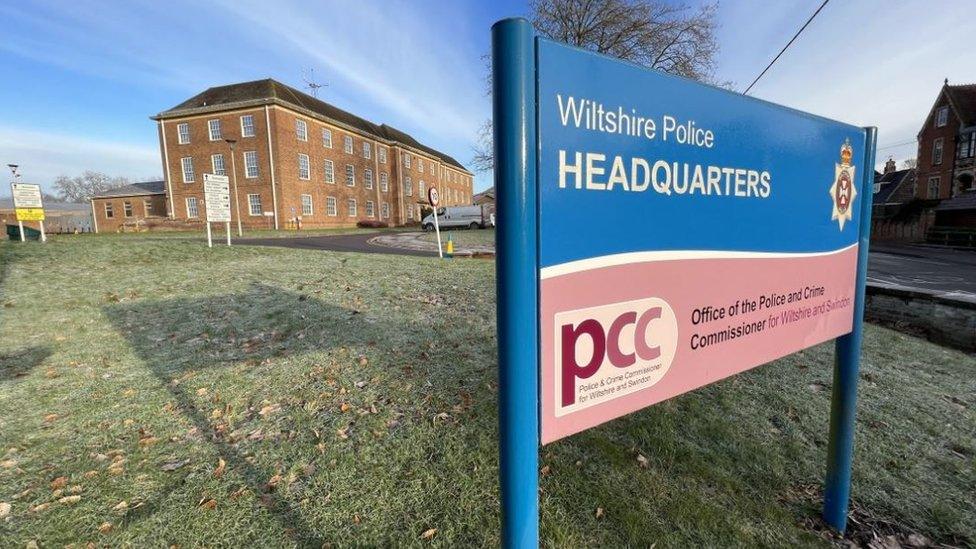PCC candidates set out how to free up cash for force

For decades, Wiltshire has been one of the lowest funded police forces in England per head of population
- Published
Candidates hoping to become Wiltshire's next Police and Crime Commissioner (PCC) have been setting out how they hope to secure more cash for the struggling police force.
Wiltshire Police was placed into special measures in 2022, and faces a raft of challenges while also receiving relatively low funding compared to other forces in the country.
For decades, Wiltshire has been one of the lowest funded police forces in England per head of population.
The PCC election takes place on Thursday 2 May.
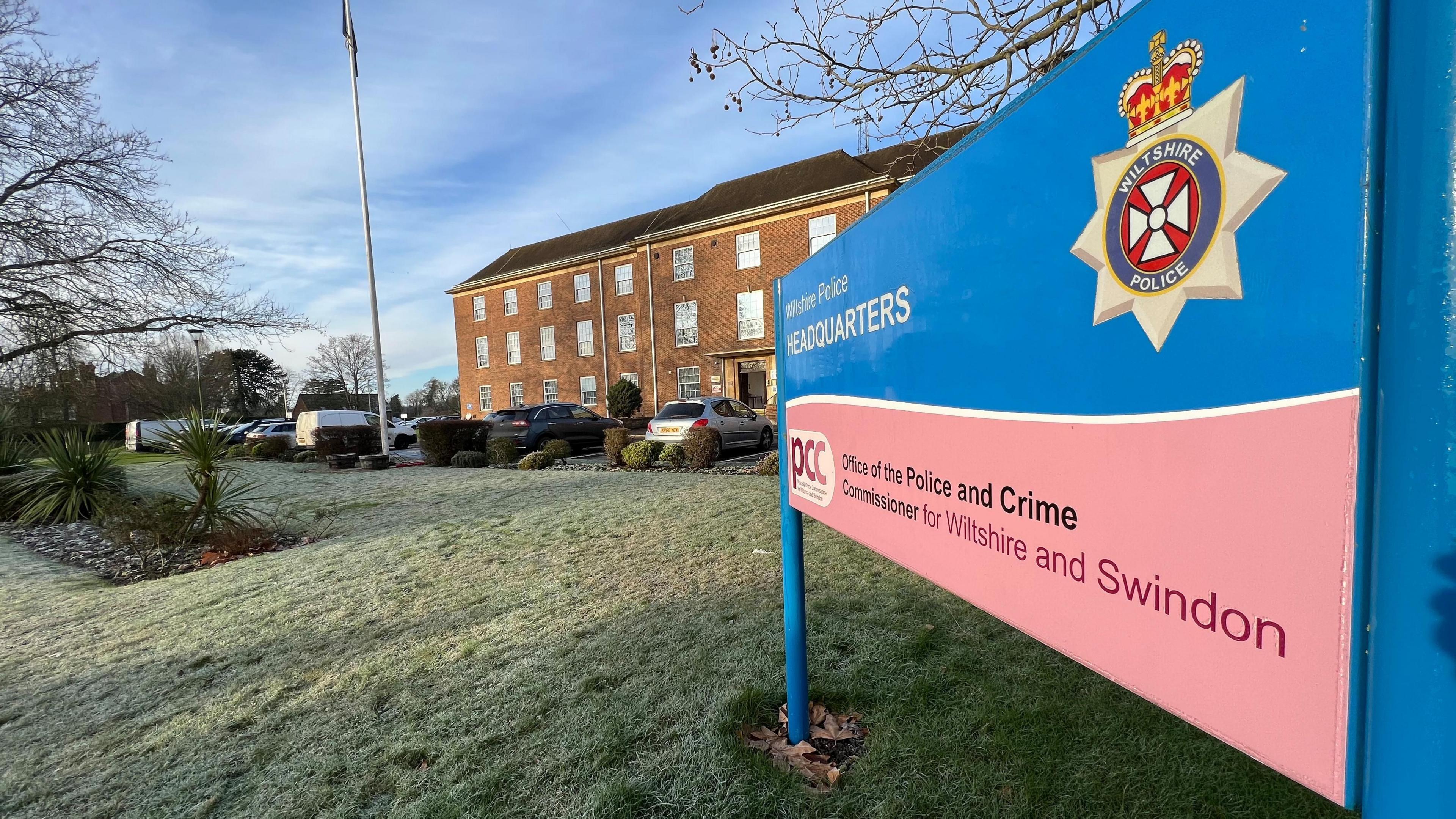
The Police and Crime Commissioner sets the priorities for the local force
After a decade of cuts to police numbers, overall national funding for the police has increased in the last four years - bringing Wiltshire more than 160 additional officers.
But how that overall funding pot is shared out, combined with historically low local tax rates, consistently leaves Wiltshire with less to spend per person than almost any other force in England.
Despite including the dense population area of Swindon, the county's relatively rural geography means the force loses out in what the government concedes is an "out of date" national funding formula.
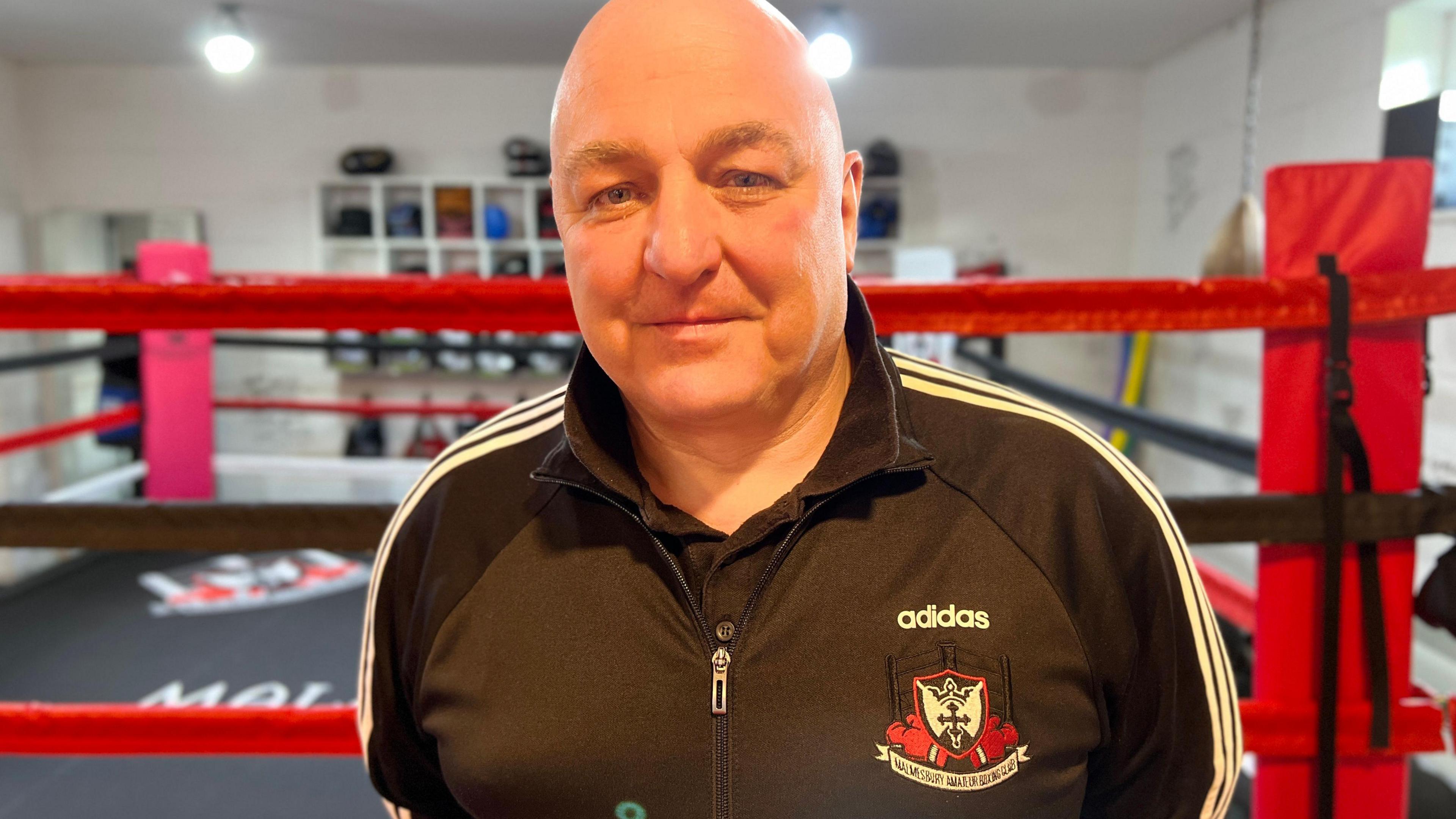
Boxing coach and former police officer Mike Rees is standing as an independent candidate
"The reality is there aren't enough police officers and the demands are too high, but nobody is pushing back against the government," independent candidate Mike Rees said.
He said the police have not been "honest" with the public about the scale of the challenges, and said he would be vocal in calling out Wiltshire's funding difficulties.
In the meantime, he wants to push the force to "be creative" in freeing up more staff for frontline duties through making better use of AI for back office functions.
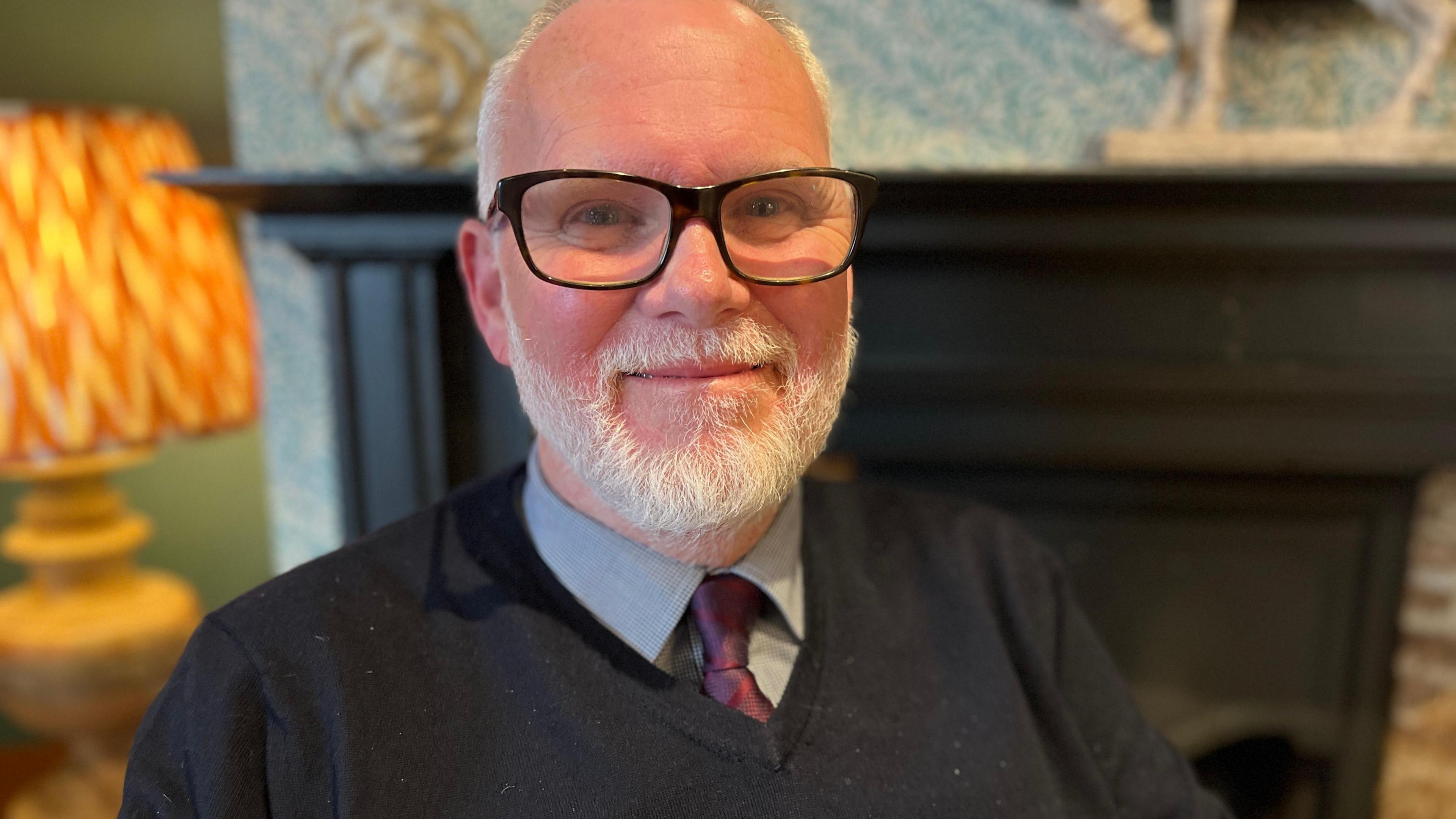
Liberal Democrat Alan Hagger has spent years working for another PCC
Liberal Democrat candidate Alan Hagger said he wants to work more closely with other rural PCCs to press for funding reform.
"Policing very large areas like Wiltshire with sparse populations costs a lot more money," he said.
He said Wiltshire must get "very much better at what we're spending our money on", to free up officers to focus on core policing.
Using the example of resolving heated disputes between neighbours, "other people can do that far better than police if we commission mediation services", he added.
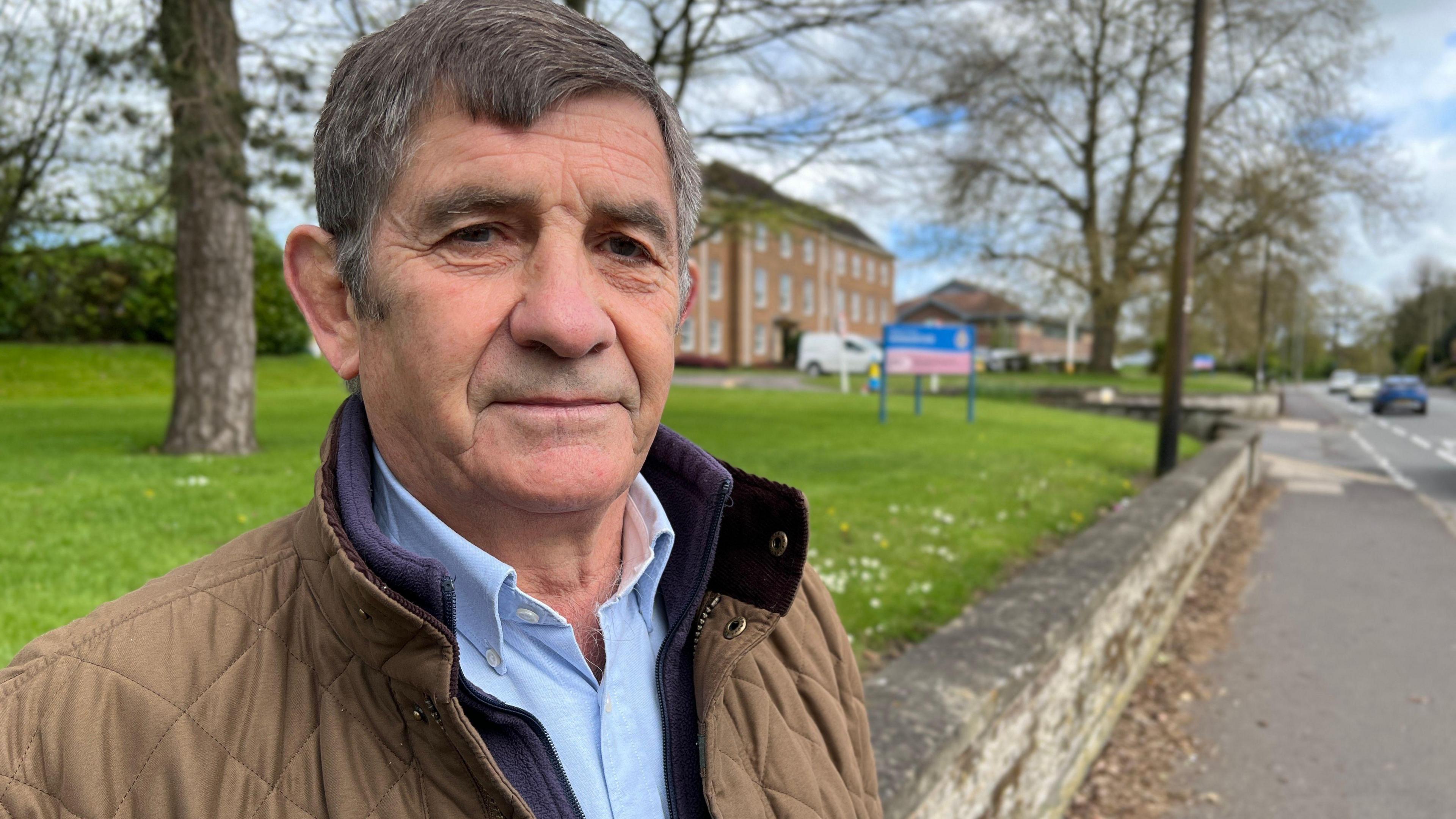
With a long background in the military, Conservative Philip Wilkinson has been Wiltshire's Police & Crime Commissioner since 2021
The current Conservative PCC standing for re-election, Philip Wilkinson, said the force has been rapidly improving under his leadership but "the funding issue is a challenge".
"What I have to do is make sure Wiltshire Police delivers a lot more for what [the funding] is currently, and we can, will and are doing that right now," he said.
He said there is not much more he can do that he is not already doing to lobby the government to change the formula.
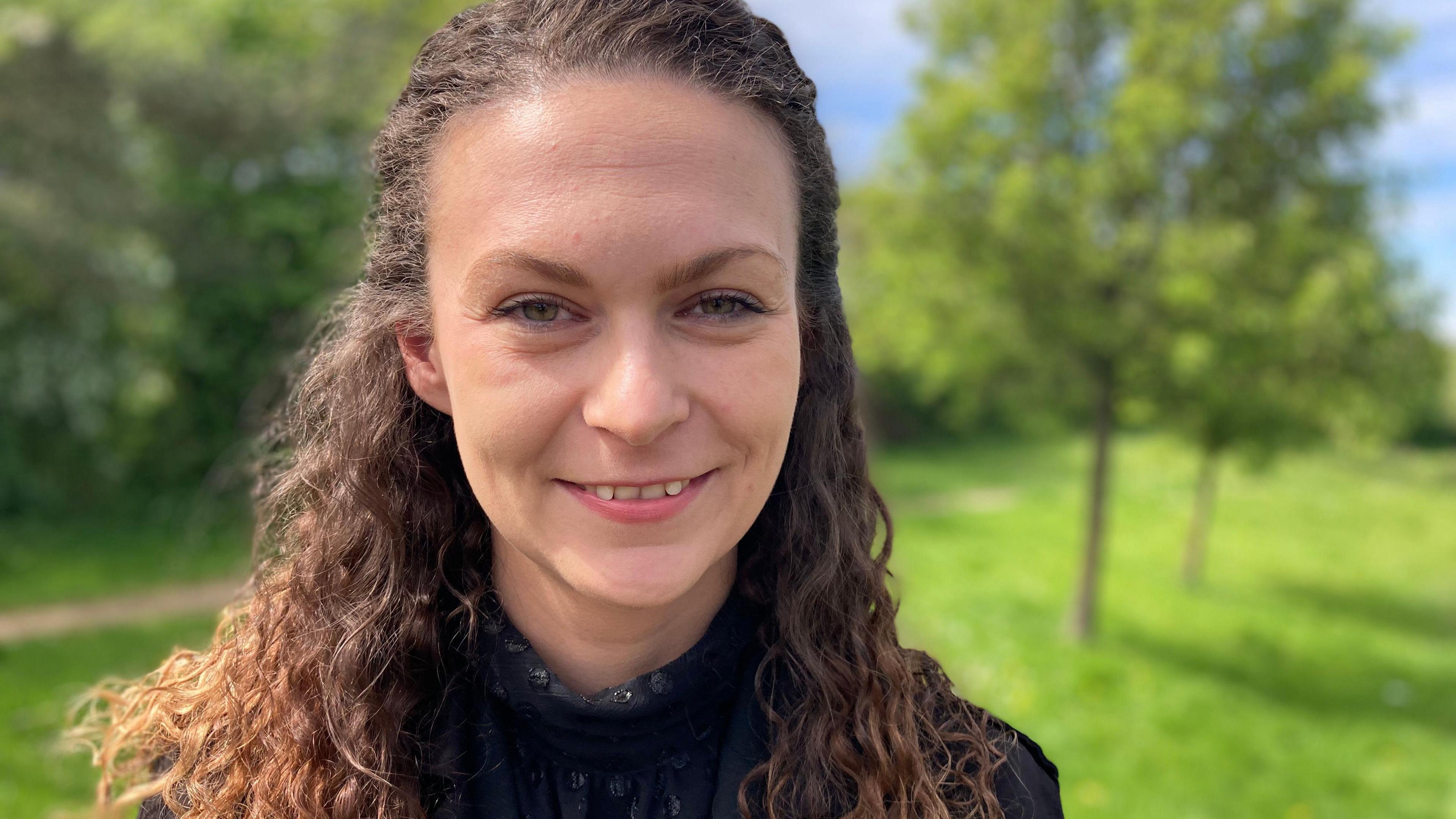
Labour's candidate Stanka Adamcova has previously worked for the PCC and sits on the Wiltshire Police & Crime Panel
But Labour said the current PCC has failed to deliver on the promise of securing Wiltshire a better deal.
"We've had 14 years of Conservatives nationally and 12 years of PCCs representing the same party, promising to change the formula but nothing has happened" said Stanka Adamcova.
She said a Labour PCC alongside a future Labour government would be "transformative for local residents".
The party has pledged further investment into neighbourhood policing but has not as yet committed to changing the funding formula.
'Out of date'
In July 2023, Policing Minister Chris Philp told the Commons "the formula is quite out of date and it needs overhauling", but as yet no firm plans to do so have been announced.
The government has repeatedly hinted it would review the funding formula at various points over the last decade.
The move would be politically contentious as changing the model to benefit counties like Wiltshire would put other areas at risk of losing out.
Related topics
- Published8 April 2024
